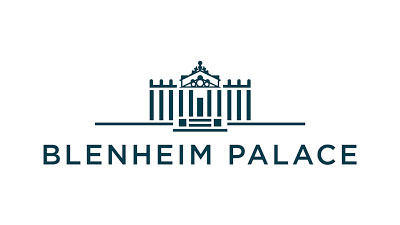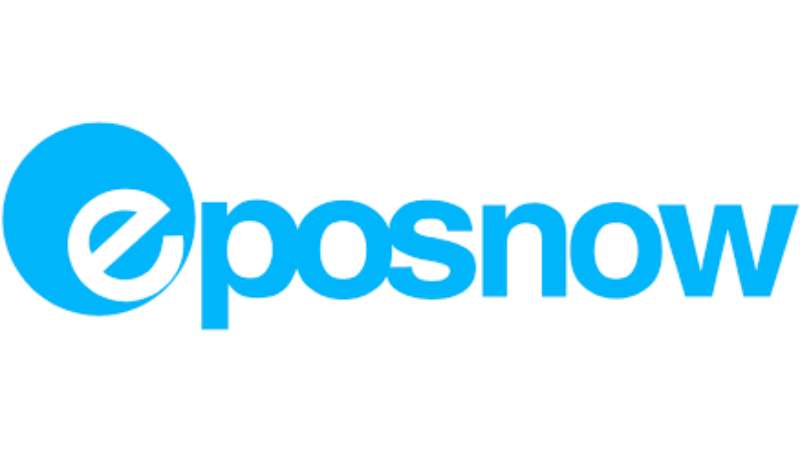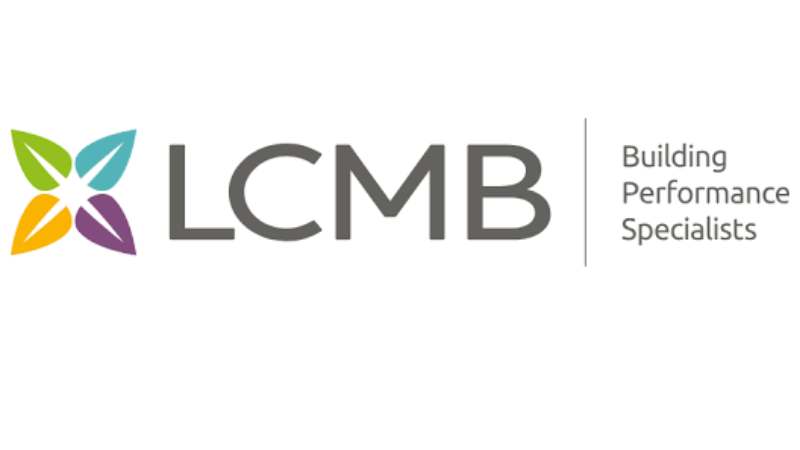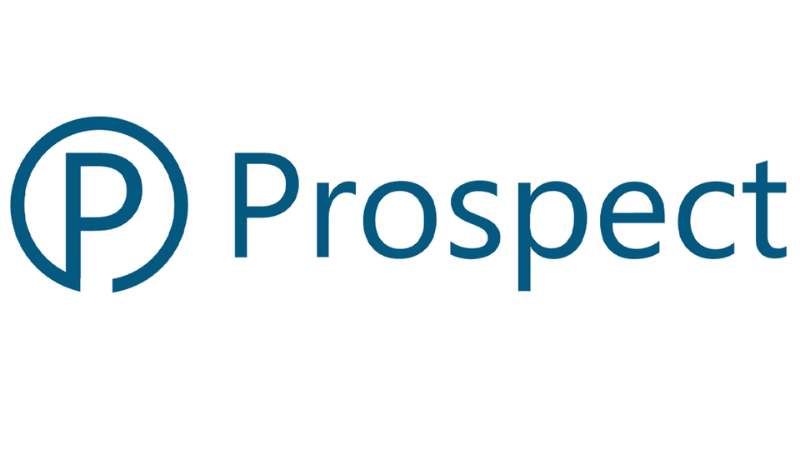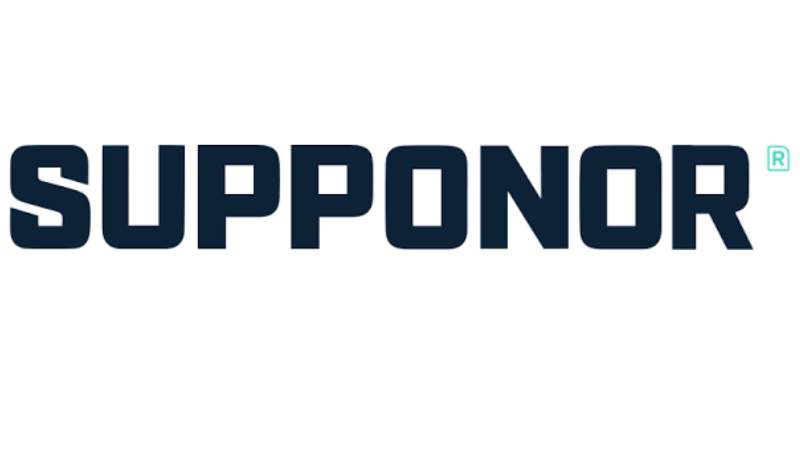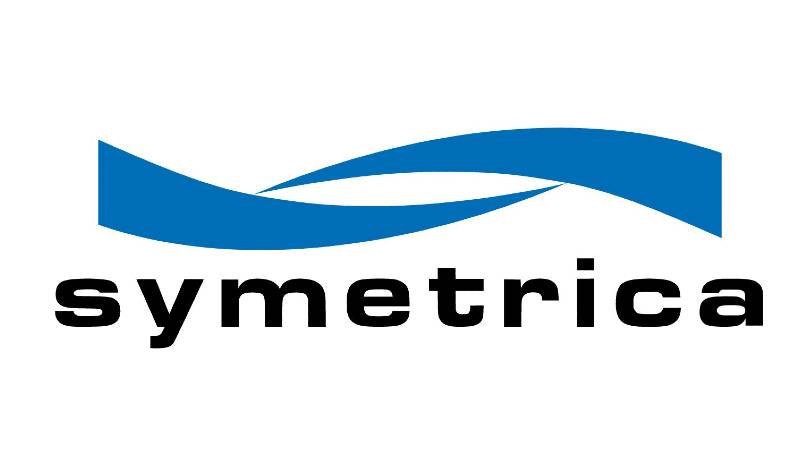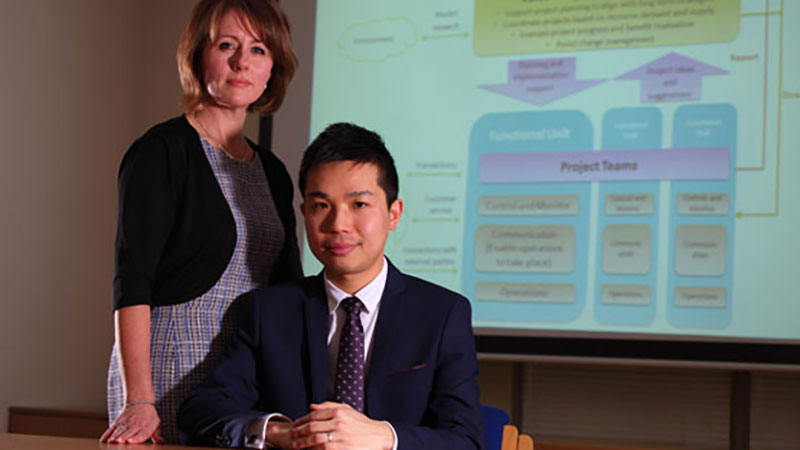An Oxford Brookes risk management KTP with InterContinental Hotels Group (IHG) had the opportunity to deliver savings to the Group in terms of insurance and increase in projected sales by as much as £18 million over the three years following the project. The partnership picked up a prestigious global industry prize from the Institute of Risk Management, ahead of major projects such as Crossrail and a UN Group of Experts.
The three-year KTP set out to minimise the Group’s exposure to loss ‘by assessing, monitoring and controlling risks associated with its core purpose and strategic decisions’, thereby helping to champion and protect the trusted reputation of its brands such as Holiday Inn and InterContinental itself. Providing safe hotels for customers is a core priority for the Group, but this ERM project looked beyond that to manage risks to finance, operations and strategy across the business, creating and safeguarding value for all its stakeholders and employees.
Key members of the Oxford Brookes team were Alex Paraskevas, Senior Lecturer in Strategic Risk Management and an internationally recognised expert in the hospitality industry; and Chris Yang Chu, who joined the project from Manchester Business School to be the KTP Associate. Alex and Chris worked with John Ludlow, Senior Vice President Global Risk, and Danny Wong, Director of Corporate Risk at IHG.
The ‘Risk Intelligence System’ created by Chris was acknowledged as his greatest achievement in the project, it surpassed anything previously available within the industry at the time. He developed it by working closely with IHG risk directors across Europe, Asia Middle East & Africa, Greater China and the Americas. The system is based on indices and metrics linking data from various company databases to provide practical information for risk-based decision making.
IHG’s senior management came to describe Chris as a 'catalyst of change' for risk management, and recruited him to join the team as he completed the project. At the same time he was nominated for a national award as Business Leader of Tomorrow for his outstanding work.
Back at the University, a whole postgraduate module was re-designed on the basis of the knowledge developed. The module exposes students to the 'risk universe' of international hotel groups and uses IHG as a live case study, teaching them strategic risk management based on real-life examples from the company's experience. In this way the academic knowledge that was transferred and implemented within the company is fed back into teaching for the benefit of students of the future.


